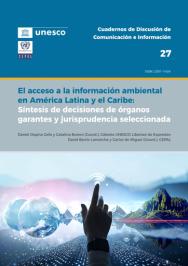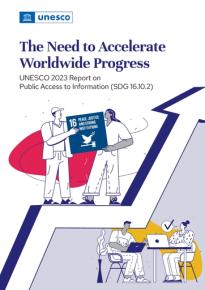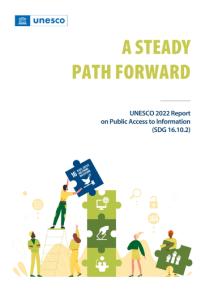Publication
Access to environmental information in Latin America and the Caribbean

In order to promote environmental democracy, it is necessary to strengthen access to environmental information. This right is interrelated to the other procedural rights of access to environmental participation and to environmental justice. Access to environmental information allows people to learn about the current and projected state of the environment (including damages and impacts, both potential and real).
The most important recent developments are based on or complement the domestic legislation in force and the Regional Agreement on Access to Information, Public Participation and Justice in Environmental Matters in Latin America and the Caribbean (Escazú Agreement).
The analysis of the selected cases shows people’s growing interest in the environment and the consequent need to guarantee their right to access environmental information. The cases examined here reaffirm standards previously established at the international level, such as the principle of maximum disclosure and the obligations regarding active and passive transparency.
Sometimes, they even broaden the scope and content of the right, for example, by interpreting in a more favourably way the definition of environmental information; expanding the consideration of mandated entities; delimiting the application of grounds for refusal; or promoting the generation and dissemination of more environmental information.
In a context of climate crisis, biodiversity loss, and pollution that significantly impacts the region, the cases analysed in this document can serve as a guide to strengthen access to environmental information in Latin America and the Caribbean.









